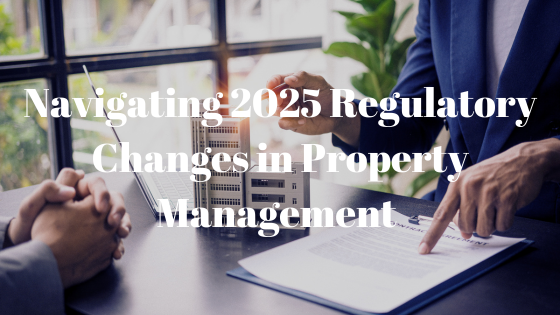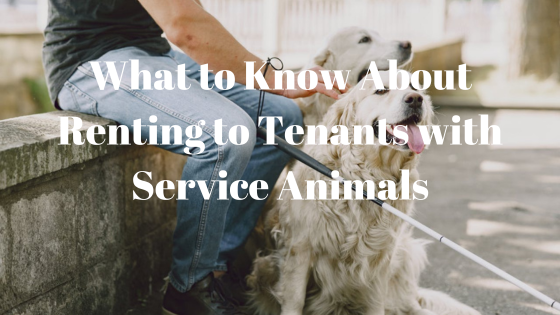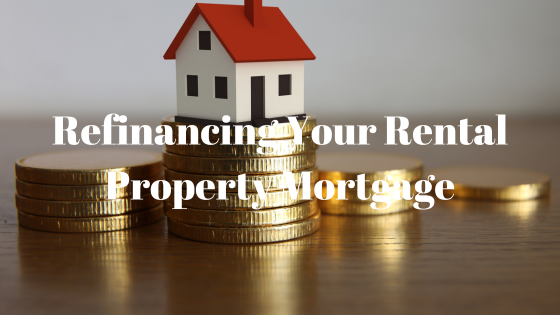What is Real Estate Crowdfunding?

Real estate crowdfunding works just like other crowdfunding platforms. It is a way of raising money from a large number of individuals to finance a real estate investment.
In this blog, we’ll walk you through everything you need to know about real estate crowdfunding.
How Does Crowdfunding in Real Estate Work?
As already mentioned, it involves raising money from a large group of individual investors. As an investor, it can allow you to access investments that wouldn’t otherwise be within your financial scope.
The following is a basic overview of the process you’d have to go through when crowdfunding a real estate purchase:
- List the real estate project on a crowdfunding platform. It could be a renovation, a new development, or a new real estate purchase.
- Review of the investment opportunity. After you’ve listed the project, investors will get a chance to scrutinize the details. Such as, the asking amount, expected return on investment, property location, and the potential risks involved.
- Receive funds for the project. After reviewing the project, interested investors will get an opportunity to contribute funds. Different crowdfunding platforms will have different minimum investment amounts.
- Development of the project. After accessing the funds through the crowdfunding platform, you’ll get an opportunity to acquire, develop, or renovate the property.
- Return on investment. This is the last phase of the investment process. Investors in the crowdfunding project get to receive returns based on their percentage contributions.

Pros of Real Estate Crowdfunding
1. You Can Diversify Your Investment Portfolio
As a real estate investor, having the ability to diversify your
investment portfolio can benefit your bottom line. It can help you spread the risk across numerous investments. If one investment fails to pick up, you could always count your losses and move to another.
For example, let’s suppose that you have $100,000 to invest. One option could be to invest it all in one property. The other option would be to invest across different investments.
In the first option, if you lose the investment, you could stand to lose the entire capital of $100,000. But in the second option, if one investment fails, you would still have the rest in your portfolio. And real estate crowdfunding can help you do just that!
2. Real Estate Crowdfunding Is Much More Accessible
Certain investments were only accessible to high-net-worth individuals or those who had connections in the right circles. But with crowdfunding, this is no longer necessary to access the investments.
To invest in a project, you only need to pay at least the minimum investment amount to become a partner.
3. It’s a Passive Investment Vehicle
Investing in real estate crowdfunding can also guarantee you a regular passive source of income.

This is unlike traditional investments, where you’d have to own a rental investment and run it yourself. And that would typically include maintaining the unit, finding tenants, drafting leases, and enforcing the lease. This usually takes time and may be stressful, especially for beginner landlords.
But with crowdfunded real estate investments, you’ll be investing with a third-party operator. This means that you won’t have to be a landlord yourself.
The developer is the one who will do all the “dirty” work on behalf of the investors. All you’ll have to do is wait for the
return on investment based on your percentage contribution each month.
This will free up your time and save you the stress of having to become a landlord yourself.
4. The Barrier to Entry Is Minimal
With a traditional real estate investment, the barrier to entry can be significant. Luckily for you, however, crowdfunding grants you the opportunity to make investments of as little as $500 depending on the platform you use.
As a budding investor, you’ll no longer have to spend tens or hundreds of thousands of dollars to purchase a real estate investment. This can be especially beneficial to first-time landlords who want to test the waters before going in fully.

Cons of Real Estate Crowdfunding
The following are some of the drawbacks to real estate crowdfunding.
1. The Rate of Return Can Be Low
While the barriers to entry are relatively low with real estate crowdfunding, the rate of return is also relatively lower than if you had gone the traditional investment route.
And as you probably know, the lower the risk – the lower the ROI. The ROI you do get, however, will depend on a myriad of other factors as well.
2. The Investment Is Illiquid
This is another disadvantage of real estate crowdfunding. After investing, you cannot easily put it for sale and dispose of it. A buyer will need to be lined up, and this can turn out to be a time-consuming process.
3. You Won’t Have Control
Crowdfunded real estate investments don’t allow investors to have control over their investments. After you have invested, the investment will be entirely managed by the developer or operator.
If you’re looking to have more control over your investment, consider going the traditional route. This will allow you to manage the property either directly or indirectly through a
property manager.
Conclusion
Crowdfunding a real estate opportunity has its pros. It not only has minimal barriers to entry, but it can allow you to tap into opportunities you’d have only dreamt of. That said, with real estate, the lesser the risk, the lower the potential ROI. Also, you stand to lose any control you would have wanted to have over the investment.
But just like you would with any other investment, make sure you carry out due diligence. Weigh the pros and cons to ensure you make the right decision.
For expert help in real estate matters in Charlotte, NC, look no further than
Dawson Property Management. Whether you are a local or out-of-state investor, we can help you make the right investment decision. Get in touch to learn more!







